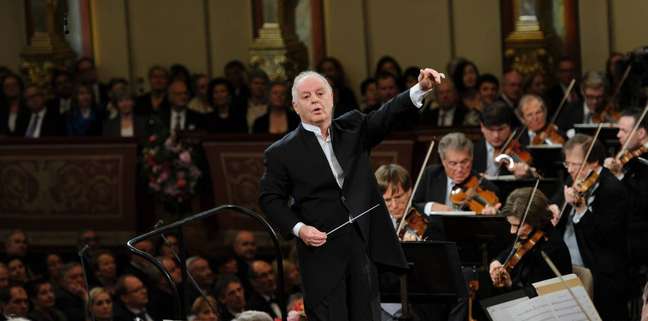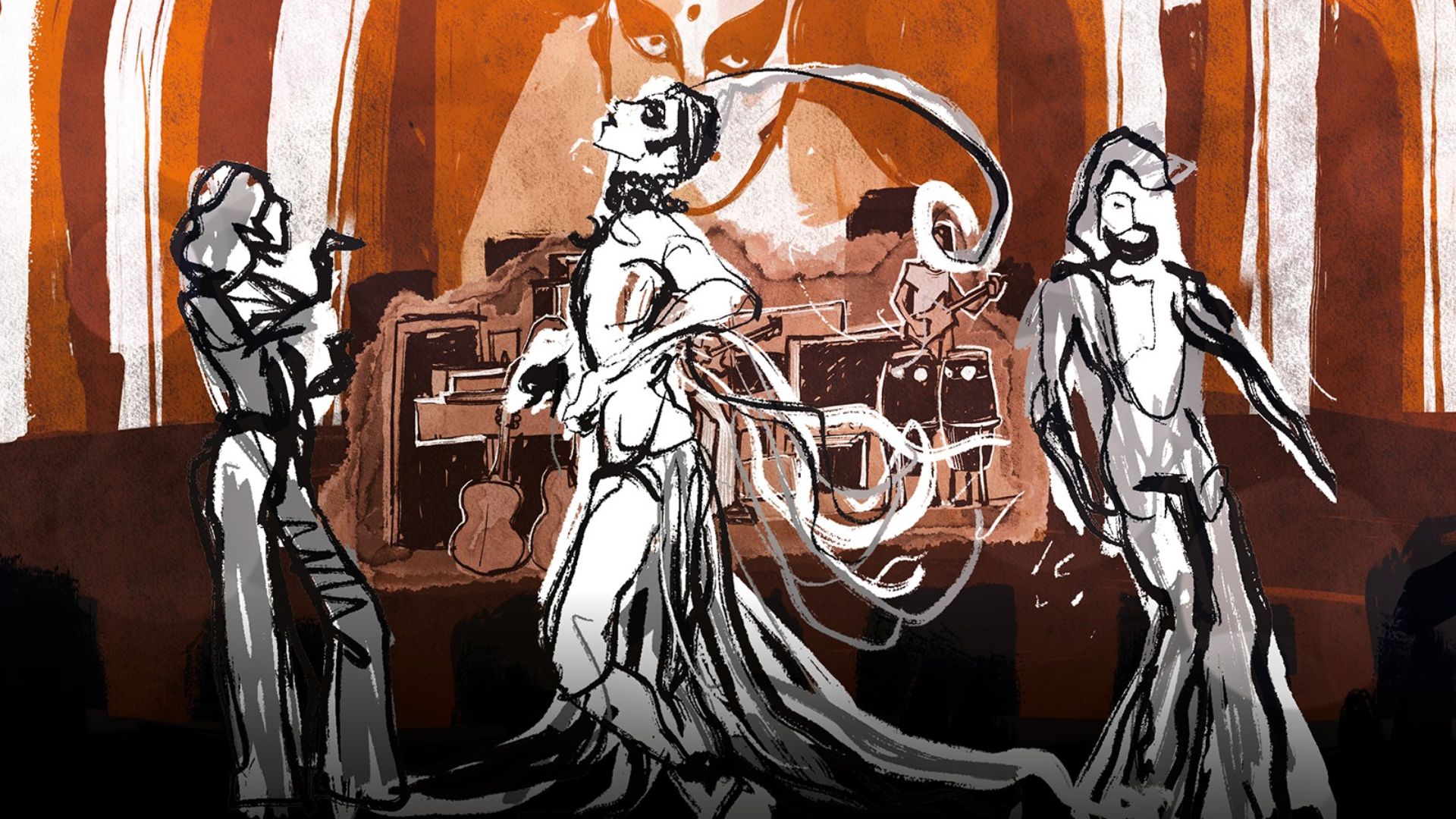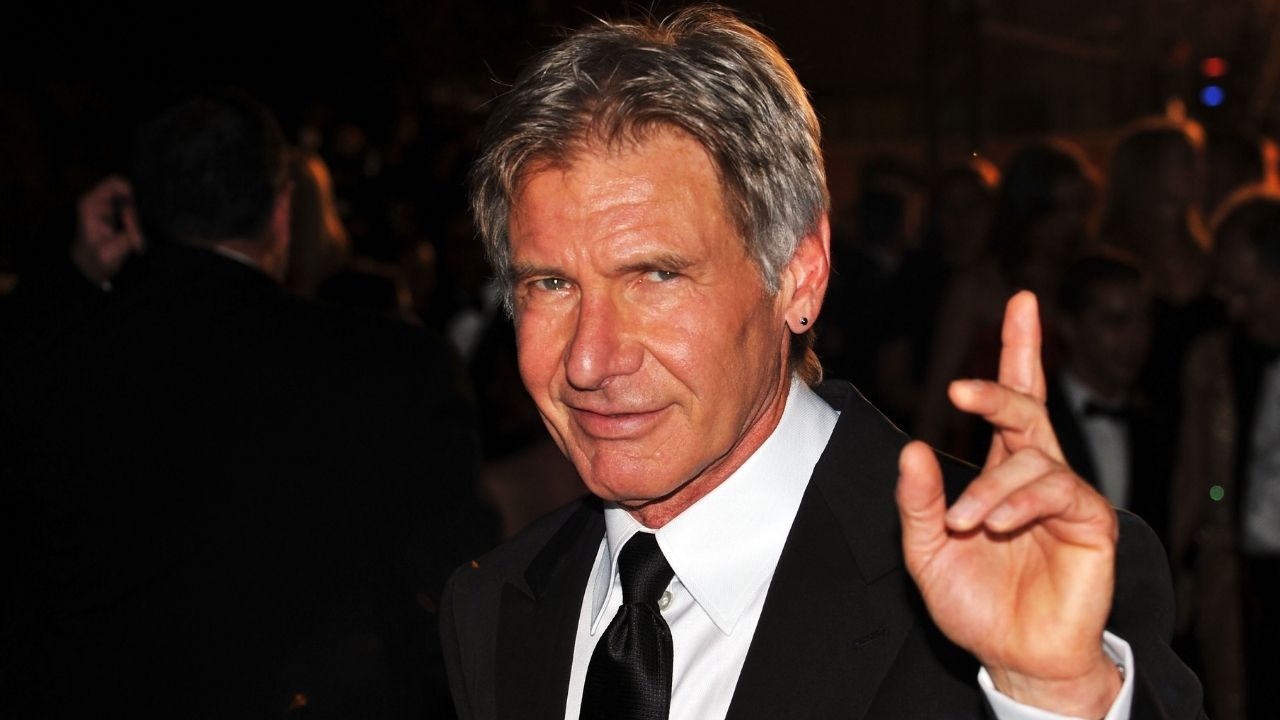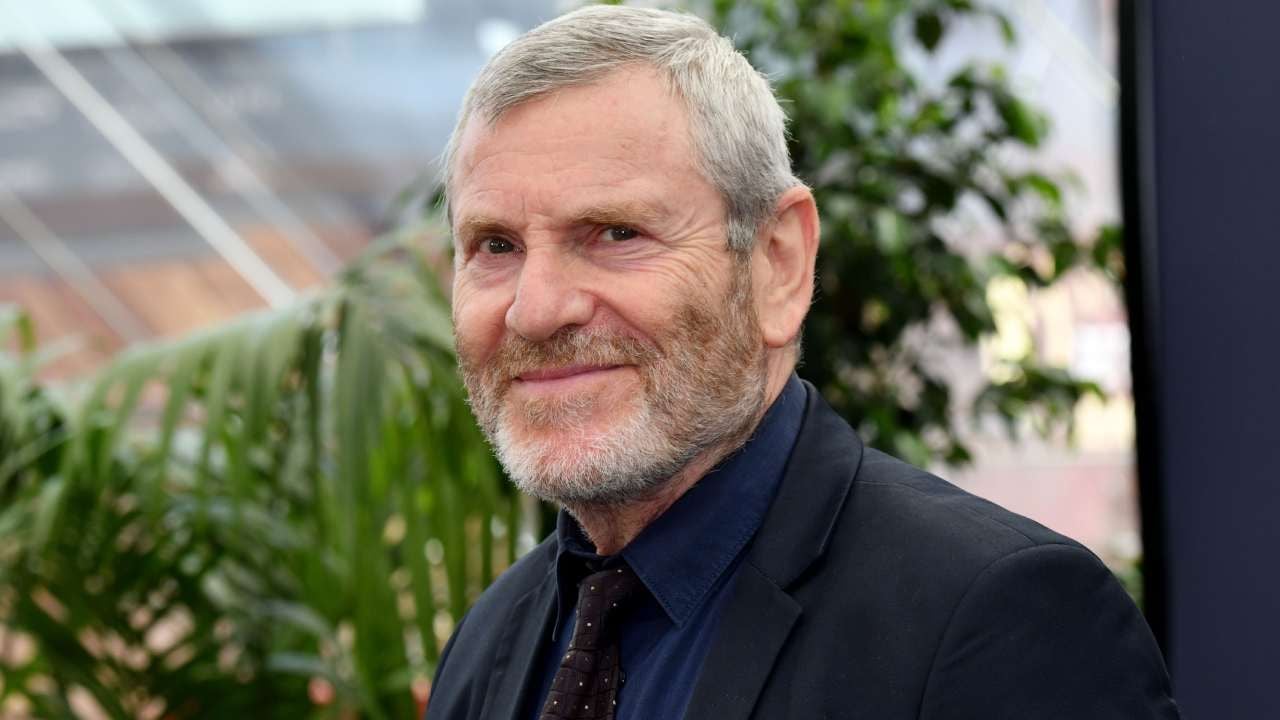The Maestro dared to play Richard Wagner’s opera in Israel and create an orchestra formed by Palestinian and Israeli musicians
There are expressions that are used so often that they lose their force or even their meaning. However, it is difficult not to understand the master’s decision Daniele Barenboim leave the direction of Berlin State Opera like the end of an era. For everything he’s done at the head of the theater, yes. But also because the announcement is motivated by a serious neurological disease which has kept the 80-year-old maestro away from the stage since October and which makes it uncertain how much he will be able to attend concerts from now on.

There are no details on Barenboim’s disease. In an official statement, the maestro said his health had deteriorated “significantly” over the past year and he was no longer able to provide the services required of a music director. The text also says that as long as he lives, Barenboim will be closely associated with music and willing, whenever possible, to work as conductor before orchestras, including that of Staastsoper.
Since the announcement, Barenboim has been treated by the international press as the greatest conductor in the world. Whether you agree or not, in the last three decades the conductor and pianist has conquered a space in the musical environment and in the public debate that is difficult to equal. On stage, an artist’s almost obsessive quest for the ideal interpretation; outside of it, a man attentive to the great questions of his time.
The best-known episode in this sense occurred in 2001, when, during a concert in Jerusalem, he decided to play the prelude of the work. Tristan and Isoltin wagner, with the Staatskapelle Berlin, the Staastsoper orchestra. The German composer was an avowed anti-Semite, his music was his favorite Adolf Hitler and was played in concentration camps during WWII. In Israel, although there is no official ban, there is a tacit agreement among musicians: Wagner is not played in the country.
At the time, Barenboim sought to include the composer in the original concert program, stating that there is no anti-Semitic element in his music. The promoters of the presentation asked him not to and the repertoire was changed. But during the encore, the maestro addressed the audience and asked if people would like to hear some Wagner. Many left the theater, others stayed. And the orchestra and conductor went ahead. Ehud Omert, then mayor of Jerusalem, called the incident “arrogant and unacceptable”. Other officials have urged Israeli orchestras and artists to cut ties with Barenboim.
https://www.youtube.com/watch?v=HljSXSm6v9M
The maestro has written several essays on the subject, a constant habit of reflecting on the themes of music and politics – and on the possible intersections between them. The main example concerns the Palestinian question. In 2018, he argued that Israel’s stance toward Palestinians was a form of apartheid, classifying the nation-state law, passed that year, as racistA. Shortly thereafter, he became the first person in the world to hold both an Israeli and a Palestinian passport, offered by the Palestinian government for its advocacy of dialogue as a means of resolving the conflict.
Dialogue, but also music. In the early 2000s, Barenboim created, together with the Palestinian thinker Edward Said, the Western-Eastern Divan Orchestra, a group formed by young Arab and Israeli musicians. They toured the world a few times, even passing through Brazil (where Barenboim was also with the Chicago Symphony Orchestra, of which he was artistic director, and the Staatskaepelle).
Divan’s proposal, the master said, was simple. When musicians gather to play in an orchestra, they need to be aware of both what they are playing and what their peers are doing. Thus, from a cohesive whole that arises from individual voices, music is made. And thus one can also imagine a new society, based on dialogue and tolerance.
New times
As a pianist and conductor, Barenboim is a brilliant musician and has built a legacy that is hard to match. Mozart, Beethoven, Schubert, Schumann, Brahms, Bruckner – he repeatedly recorded all the symphonies of these and many other composers, as well as the piano works of some of them (as well as having a genuine interest in the music of our time, approaching the repertoire of the 20th century and contributing, through commissions, to forming the repertoire of the 21st century).
His recording of Beethoven’s 32 sonatas is accompanied by a series of lectures in which he explains the importance of the pieces and his choices as an interpreter. There is an almost pedagogical concern, but also an idea of the conductor behind this type of dialogue with the audience. The conductor is the one who always has something to say about the repertoire he plays, a personal, almost mystical vision. It is an idea that dates back to his own origins as an artist when, as a boy, he left Argentina for Germany, where he was supposedly modeled on the legendary German conductor Wilhelm Furtwängler, considered a defender of the Germanic musical heritage.
It is a vision that, throughout the twentieth century, was often linked to an authoritarian position towards musicians. And if, politically, Barenboim’s ideas are audacious, he has also been accused several times of having an intolerant attitude towards the artists he worked with (several employees and members of the Staatsoper orchestra spoke on condition of anonymity of the difficulty in dealing with the teacher at the magazine VAN). There seems to be a contradiction there, between the defense of dialogue between cultures and authoritarianism in making art. But both arise from the same place, from this vision of the master as an unequivocal leader, whose faults must be forgiven given the genius of his work as a musician.
Today the era of superhero directors is in the past. And the new generation is expected to understand making music as a collective construction, in which the conductor is a central character, but no longer the only one. New times, new and welcome challenges. And in the light of these themes, a new generation has been formed, shaping interesting careers. But Barenboim’s artistic legacy is still far from equaled.
+The best content in your email for free. Choose your favorite Terra newsletter. Click here!
Source: Terra
Earl Johnson is a music writer at Gossipify, known for his in-depth analysis and unique perspective on the industry. A graduate of USC with a degree in Music, he brings years of experience and passion to his writing. He covers the latest releases and trends, always on the lookout for the next big thing in music.




![Tomorrow Belongs to Us: What’s in store for Monday 3 November 2025 Episode 2066 [SPOILERS] Tomorrow Belongs to Us: What’s in store for Monday 3 November 2025 Episode 2066 [SPOILERS]](https://fr.web.img3.acsta.net/img/90/4b/904bf0916a3afede10b3575c799a9882.jpg)



